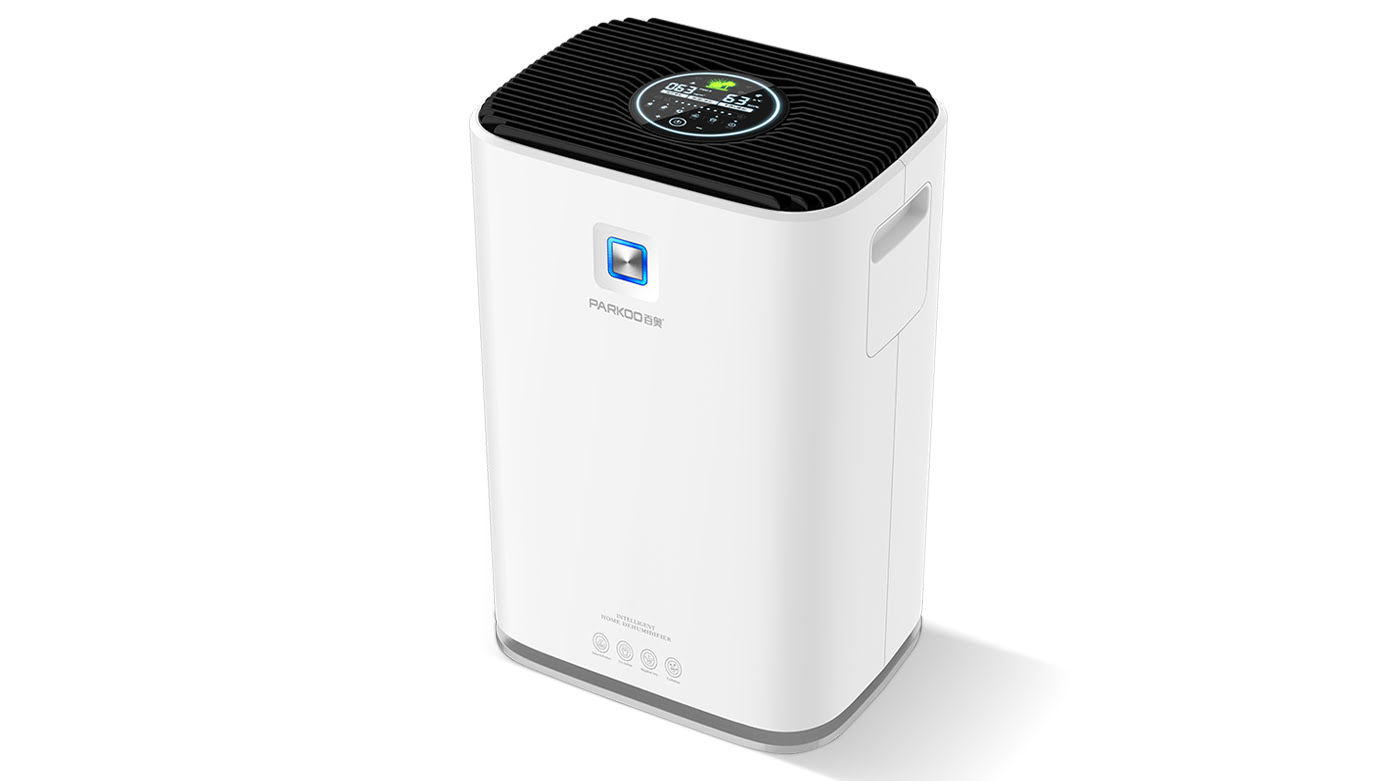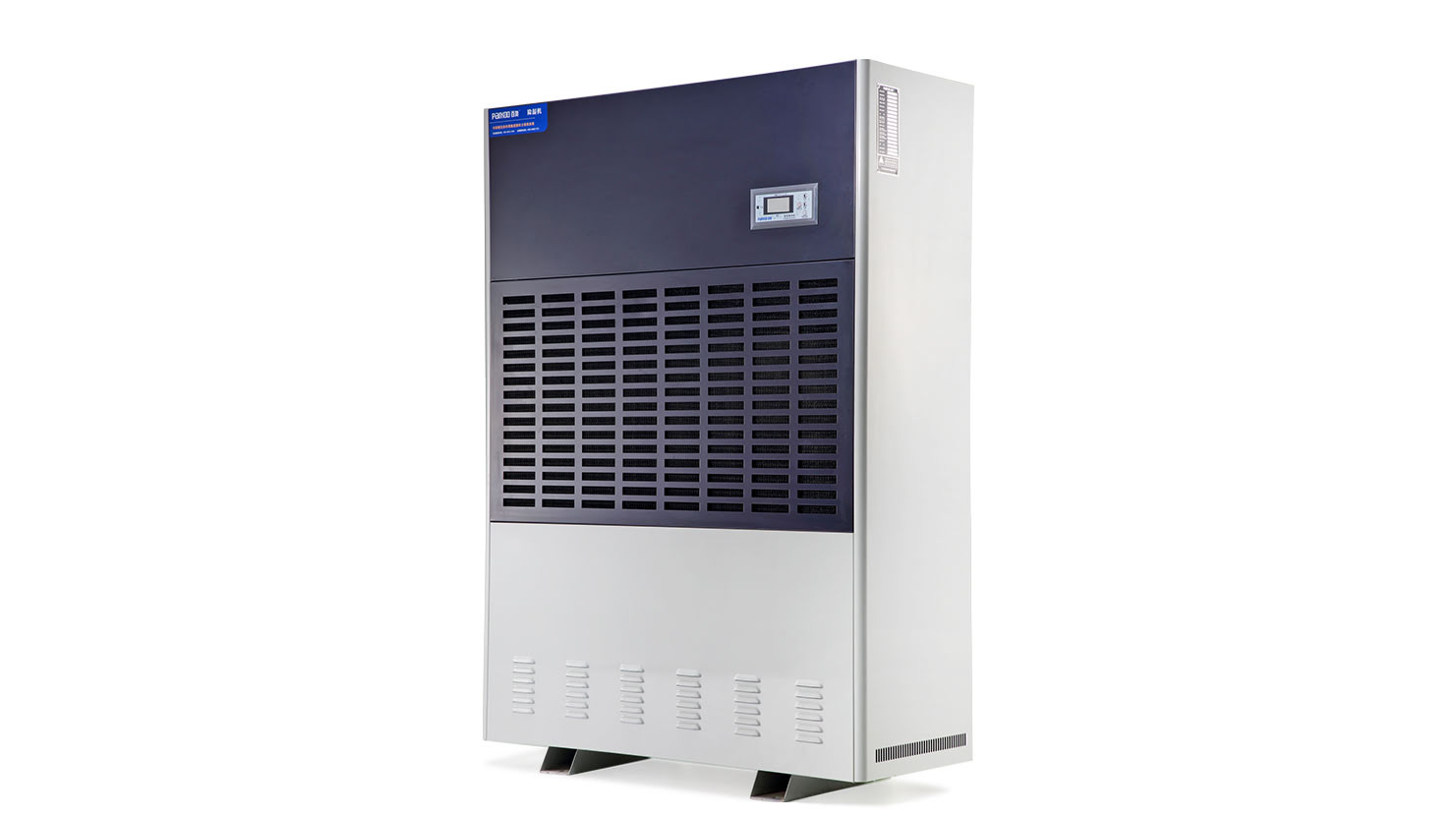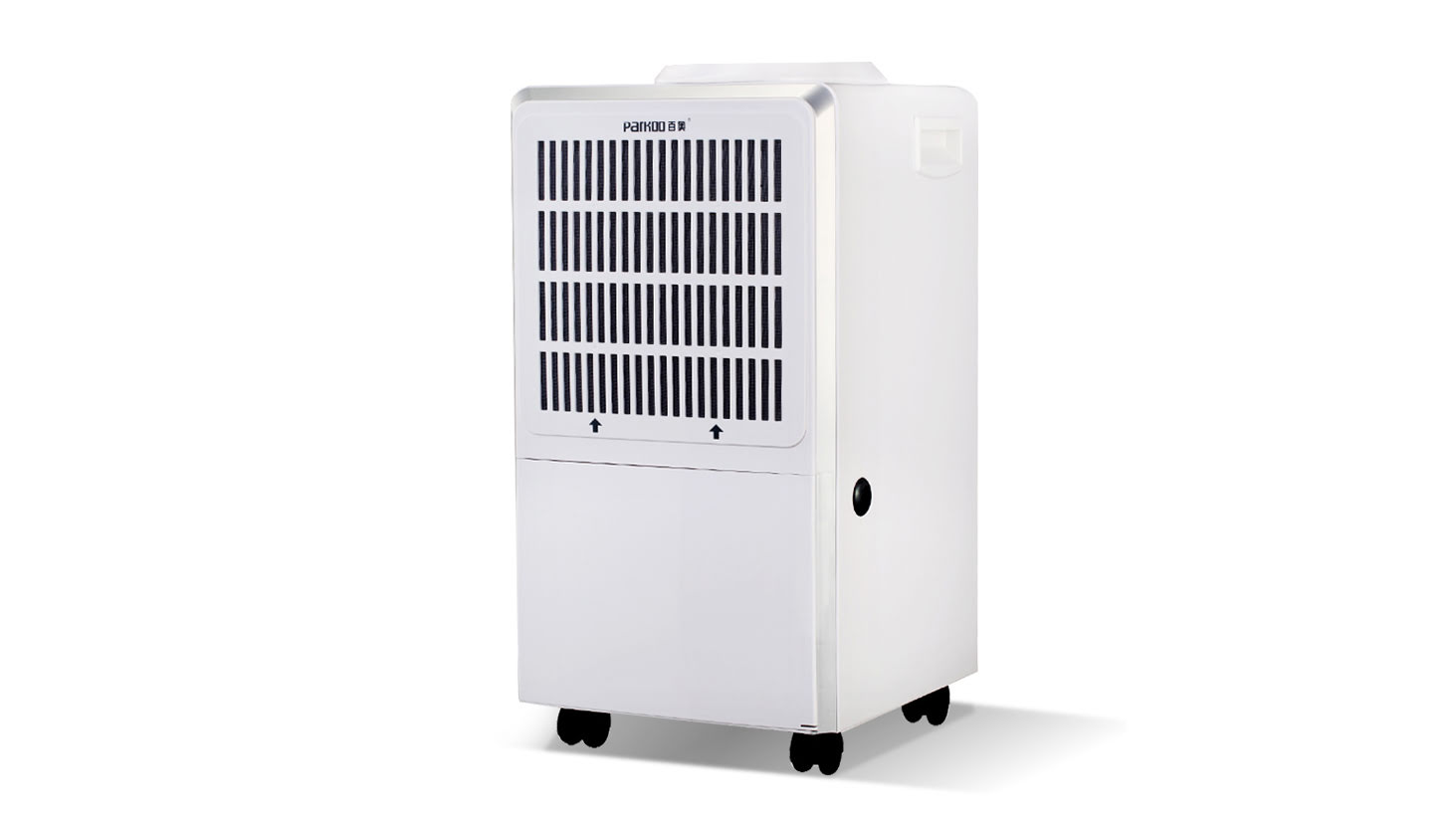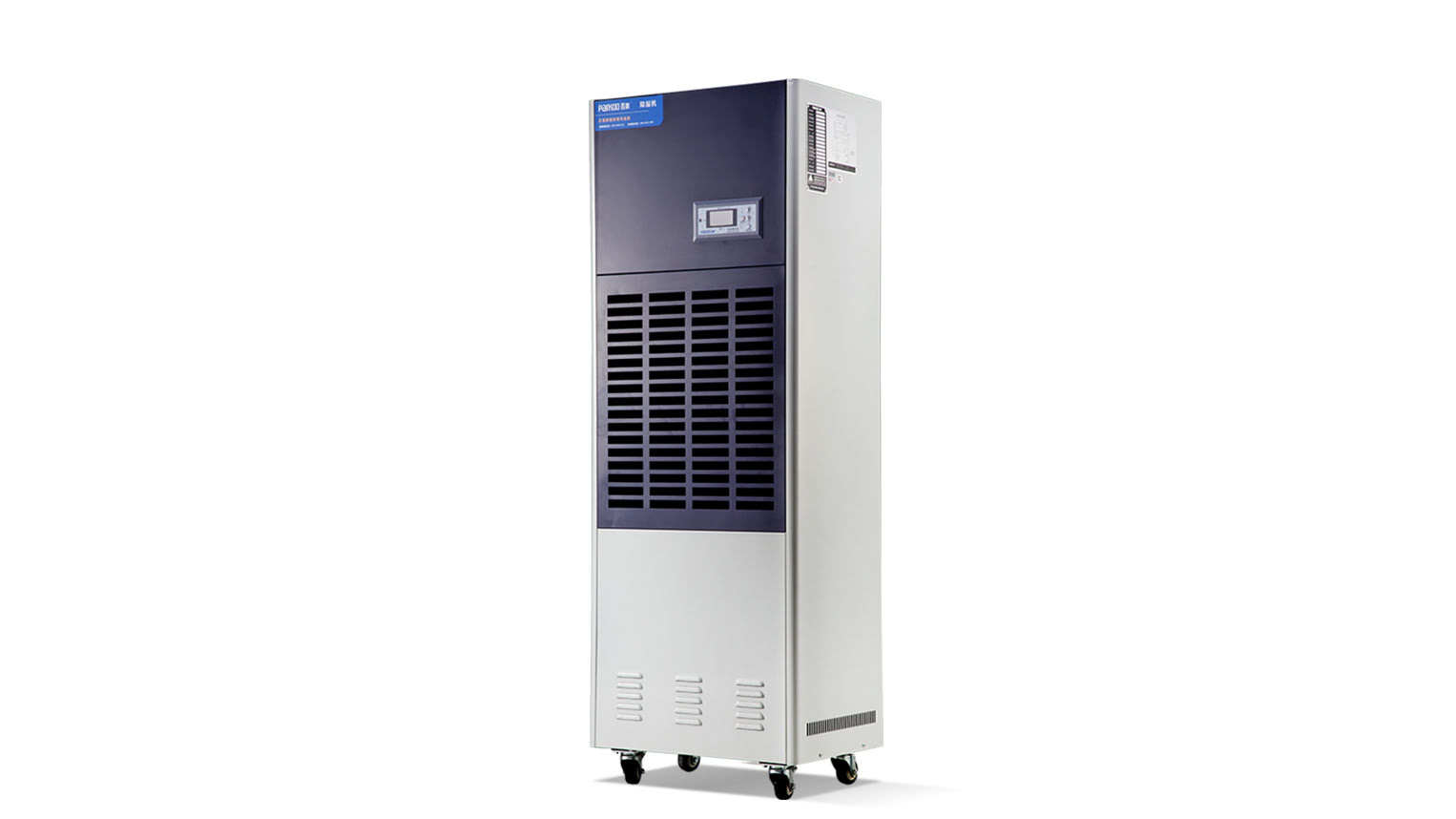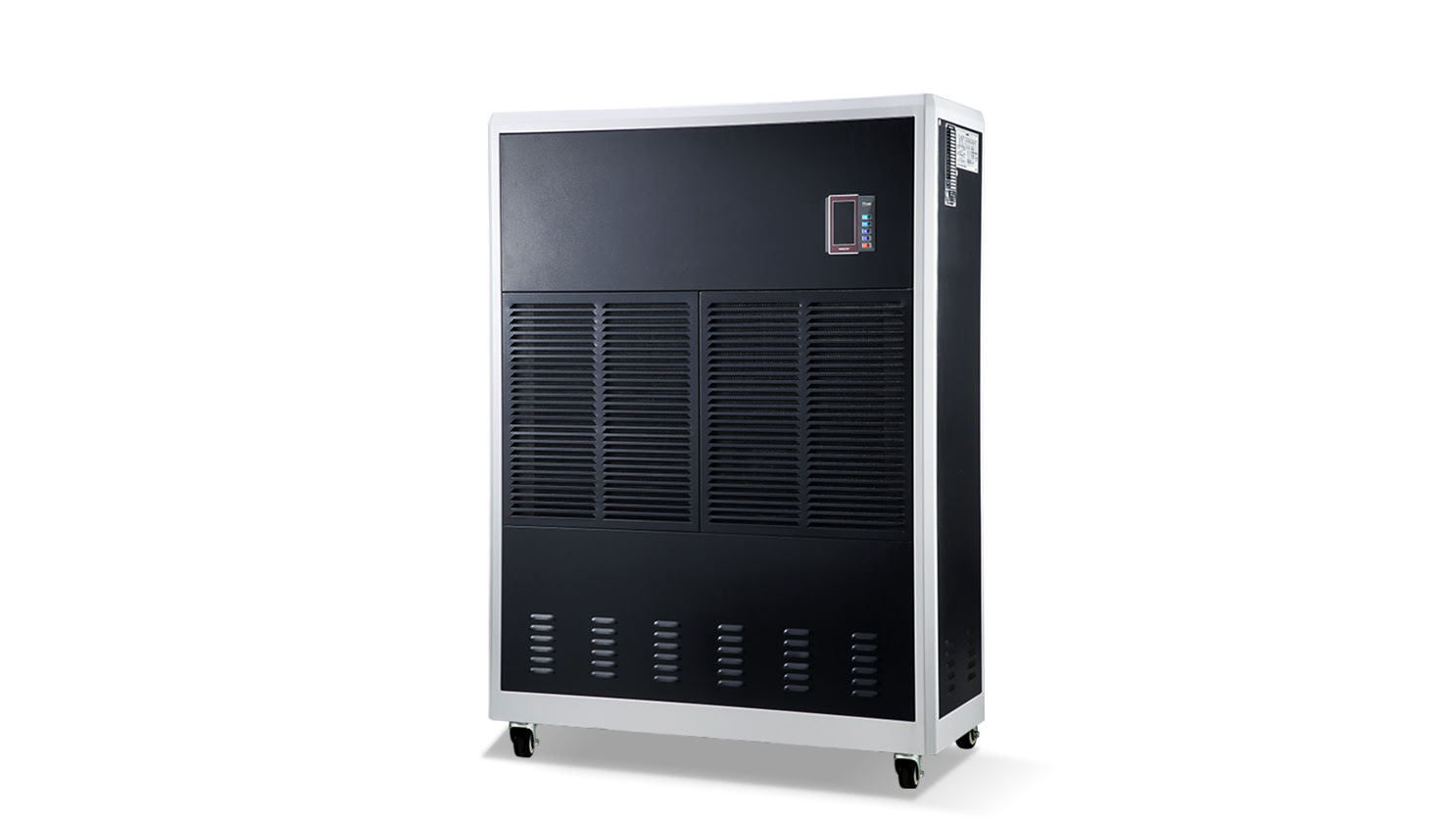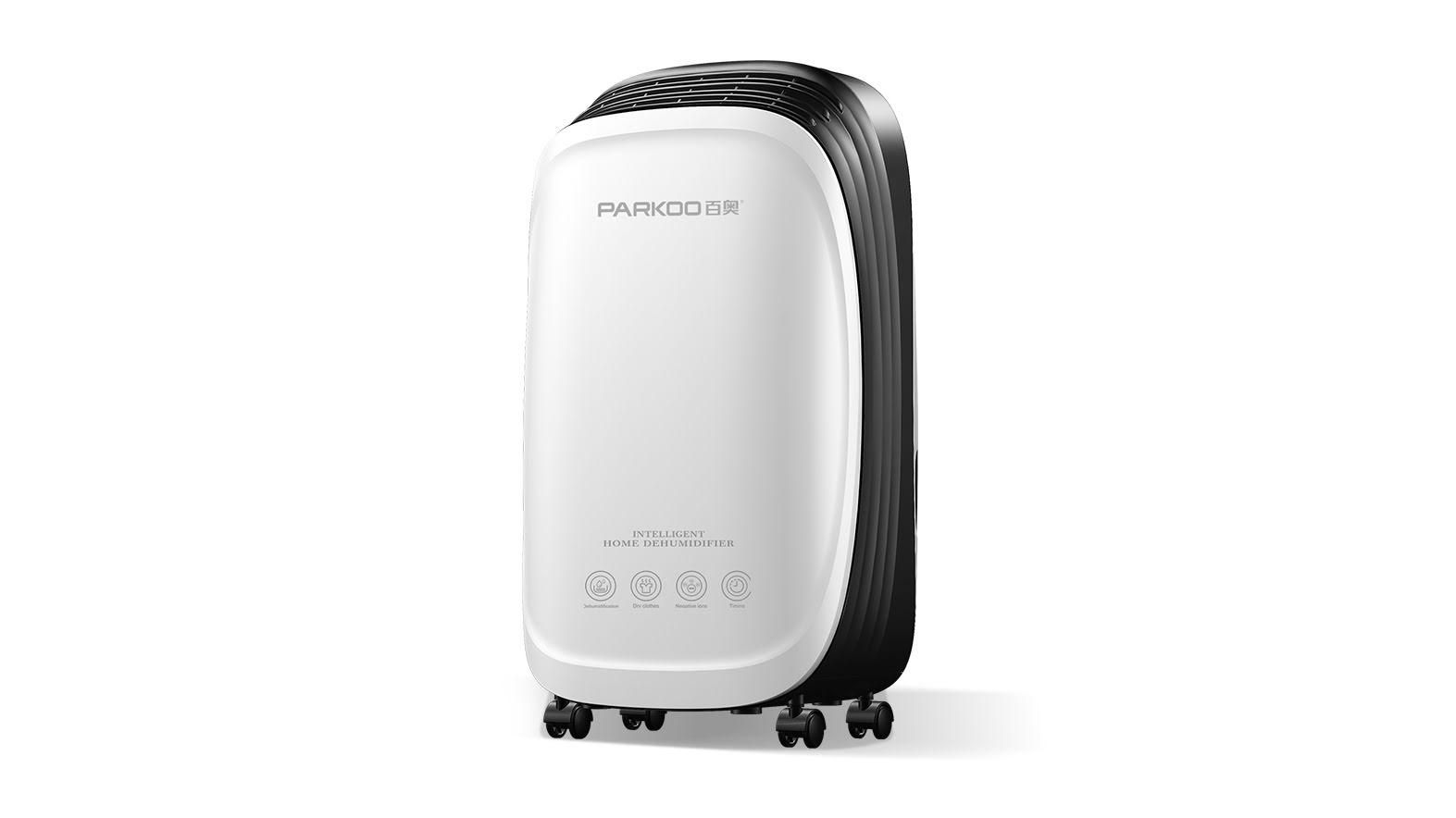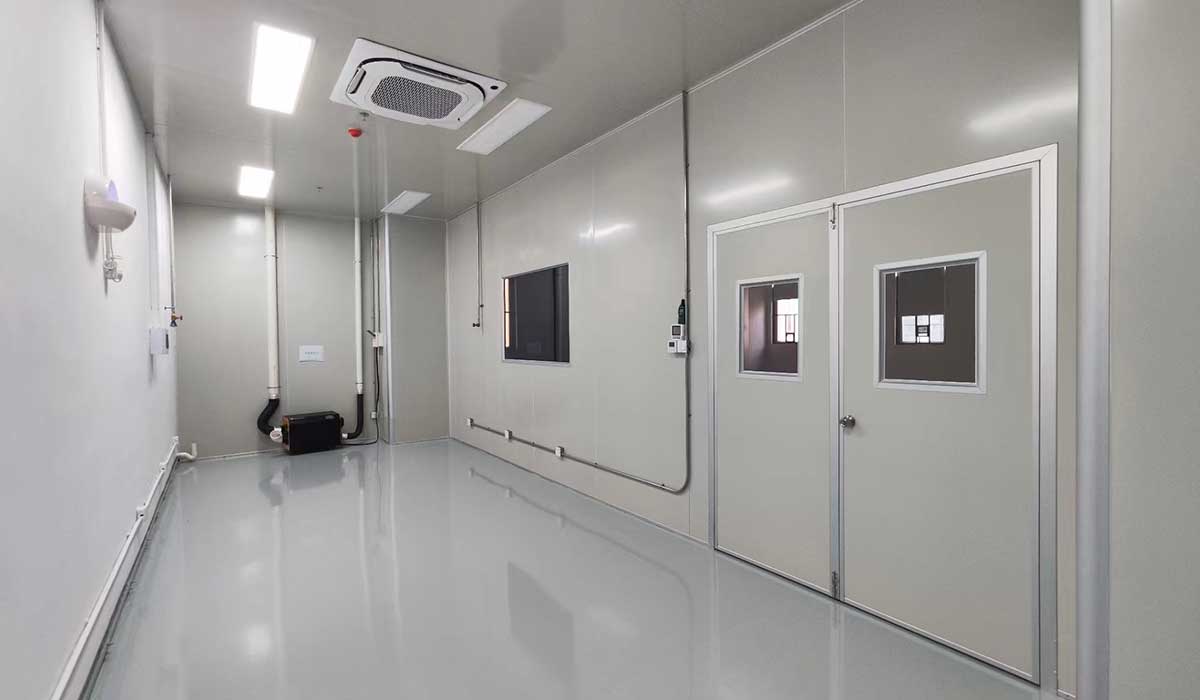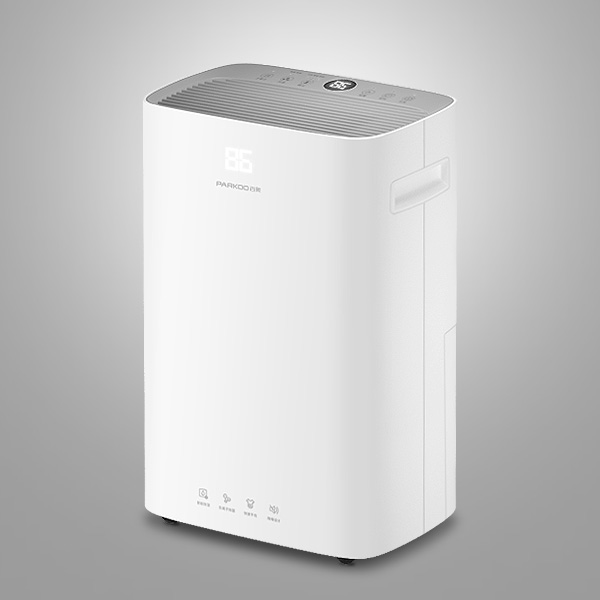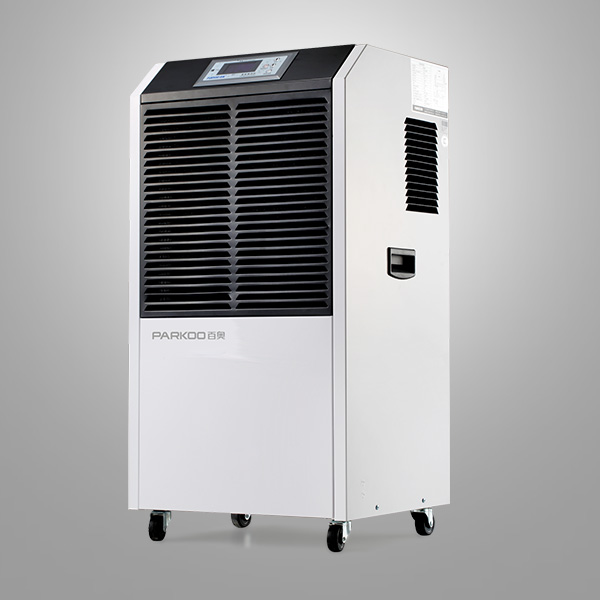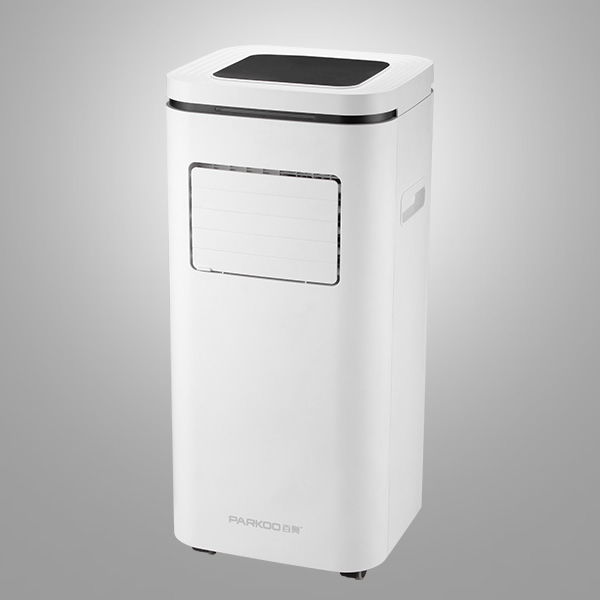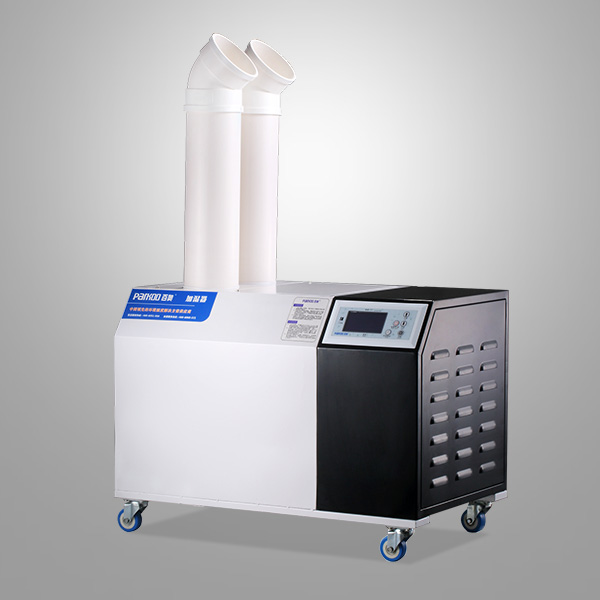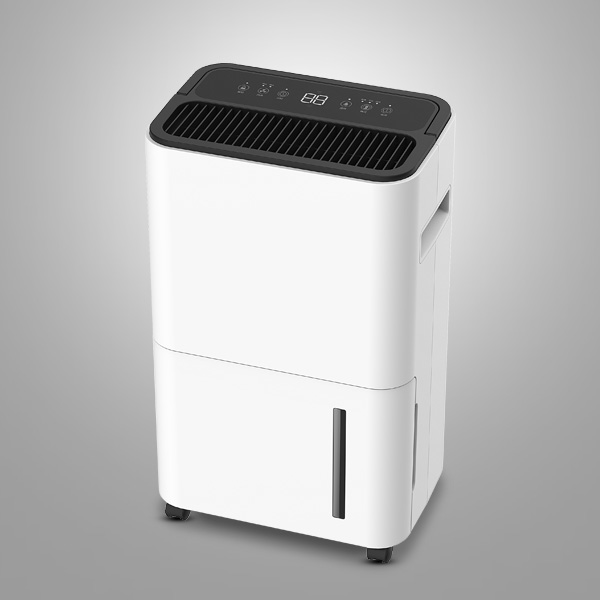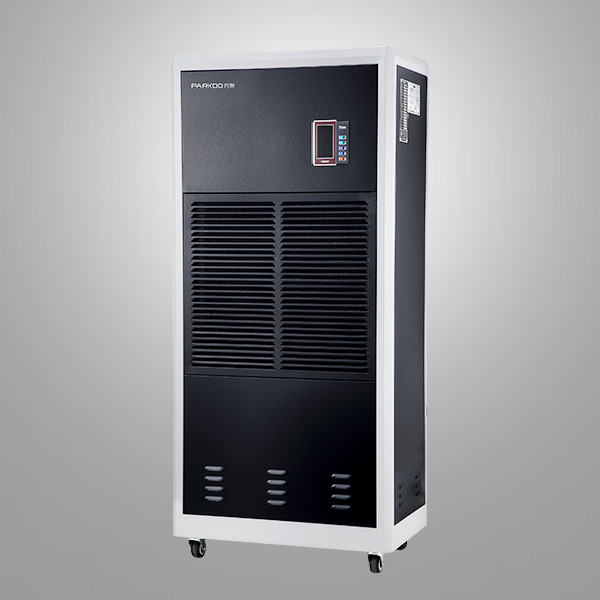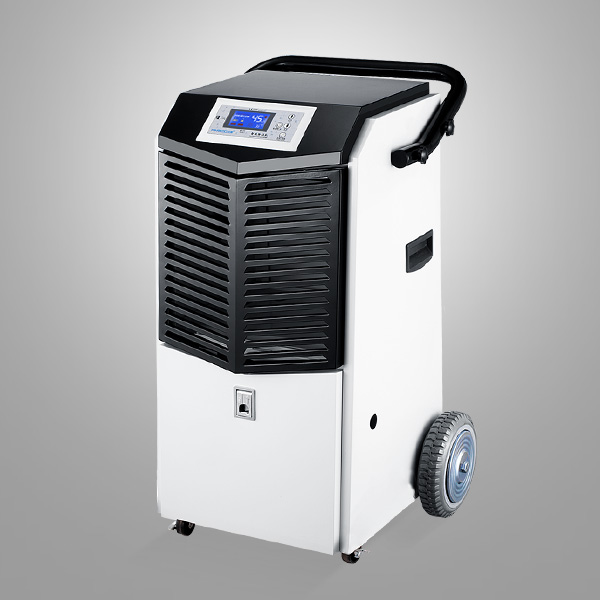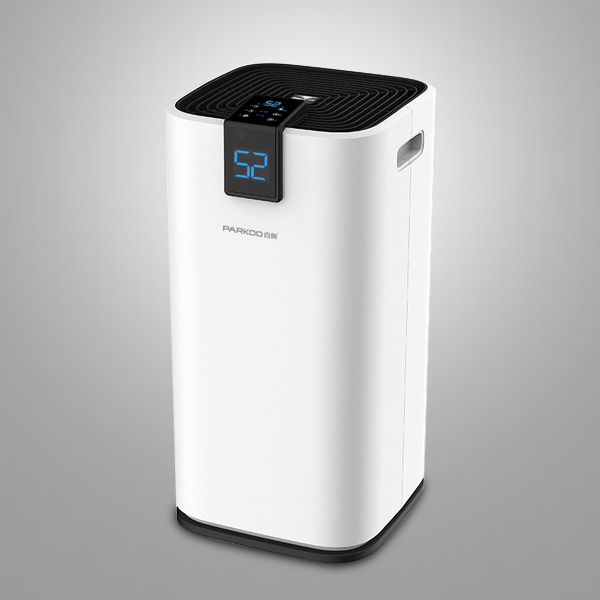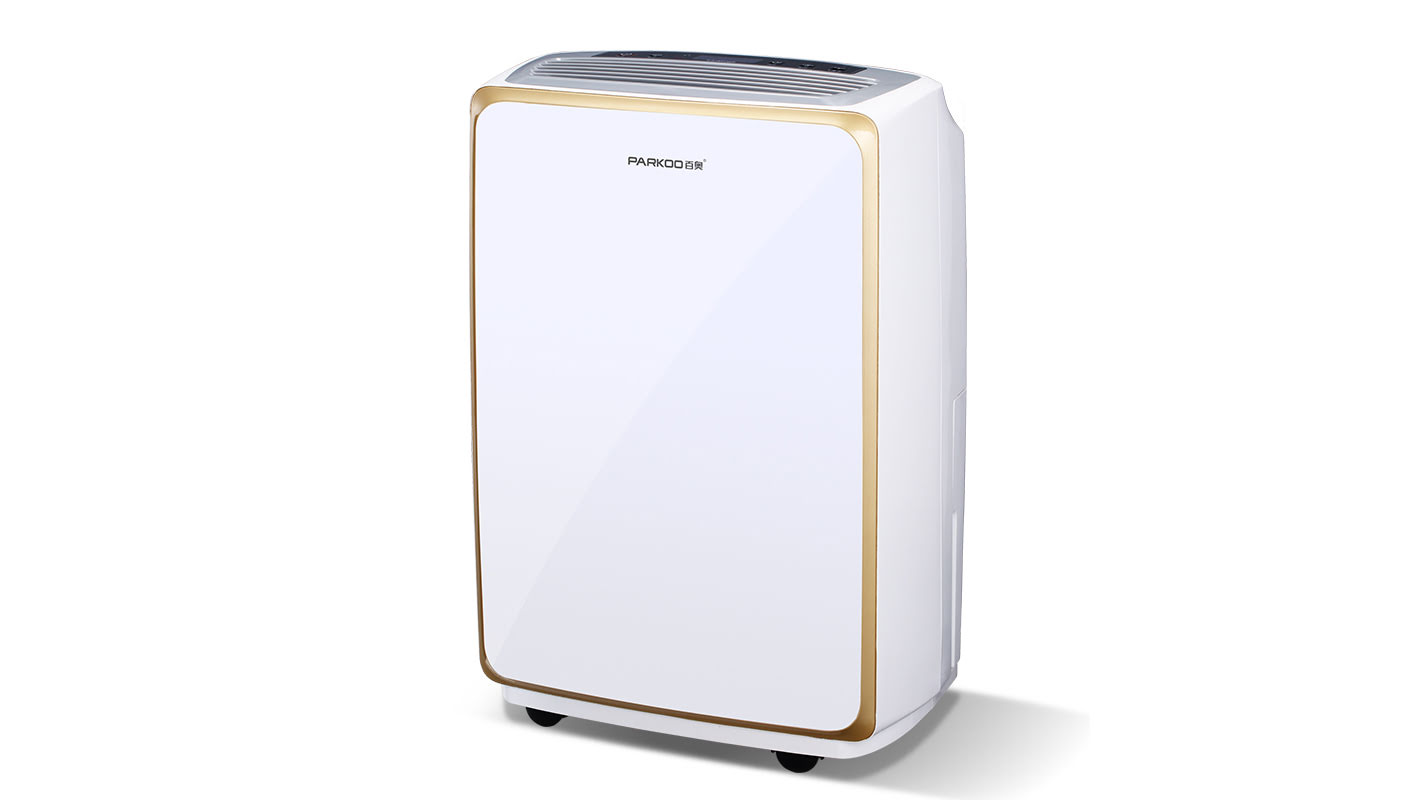The technical personnel of PARKOO, the manufacturer of Dehumidifier, explained that: Humidity issues in households are Caused by excess Moisture in the air, which can Come from many sources, including condensation, rainwater entering the house, leaking pipes, Dampness or flooding, moisture in building materials, inCorrect or incorrect sealing of doors and windows, moisture-proof processes, Poor ventilation, high rainfall, and even daily household activities such as cooking, boiling pots, showering, bathing, and laundry.
Even our breathing can cause moisture "
" By turning on heating during winter, closing doors and windows, and Keeping our homes warm, we greatly reduce ventilation and air circulation. Rain and snow melt, and the amount of moisture entering our homes increases through windows, floors, and Walls, especially old buildings.
High humidity issues
High humidity in the home may cause some problems, including rotting wood around windows and sills, corroding electronic Products and appliances, damaging wooden instruments or books, Making food faster, triggering mold and mold, which may damage wallPaper, Carpets, fabrics, soft Furniture, and even cause structural damage to the foundation
excessive moisture in the air can also cause many Health problems, providing the best conditions for microorganisms and airborne allergens (such as dust Mites or mold spores) to reproduce, reproduce, and spread
Sally added, "In all households, the difference in temperature between inside and outside during winter will cause condensation of water on cold water surfaces - windows, ceilings, floors, and walls - these damp surfaces become breeding grounds for bacteria.
10 households show signs of high humidity
Condensation, mist, or vapor on windows or glass doors Mold or mold (black, black, or green) appears on the windowsill or track Rotate wood or paint around doors or windows Black mold spots on walls or ceilings • Bathtub, shower, sink, or toiLet around the mold The odor can be smelled in the air, on bedding, carpets, or soft furniture
• Yellow brown water stains or fluffy white salt deposits on the wall (Usually Due to leaks or rising humidity)
• The "tidal line" at the bottom of the basement or basement wall or skiRT (due to groundwater runoff issues)
• Strangely, curved floors or door and window frames are not suitable (when the wood is subjected to moisture)
• Allergic reaction, asthma attack, respiratory disease or skin infection
What to do if there is high humidity at home
• Open the window - even in winter Please leave a fan when cooking and showering If your windows have air vents, please open them as much as possible move the indoor Plants into a room
• take a cooler shower
• Invest in fans or Dehumidifier
